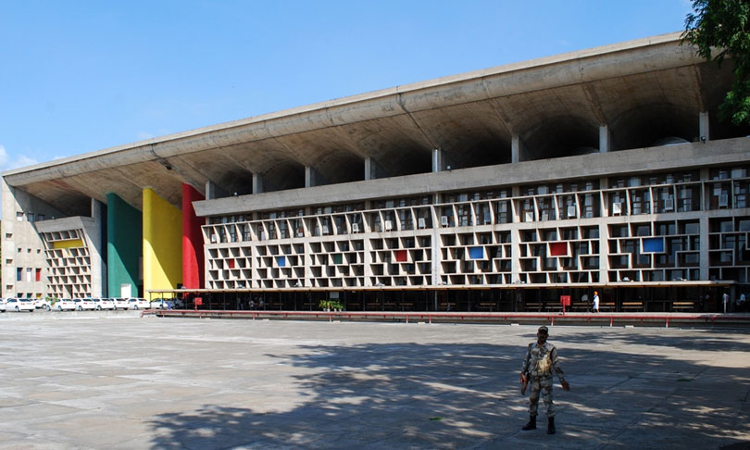P&H HC Grants Emergency Parole To NDPS Convict To Perform Funeral Rites Of Father
Radhika Roy
7 April 2020 8:09 PM IST

Next Story
7 April 2020 8:09 PM IST
The Punjab and Haryana High Court has granted emergency parole to a prisoner for the performance of his father's last rites in a case which was taken up through video conferencing. The petition, filed under Article 226/227 of the Constitution of India, read with Section 3 of the Haryana Good Conduct Prisoners (Temporary Release) Act, 1988, sought for the release of the Petitioner...
